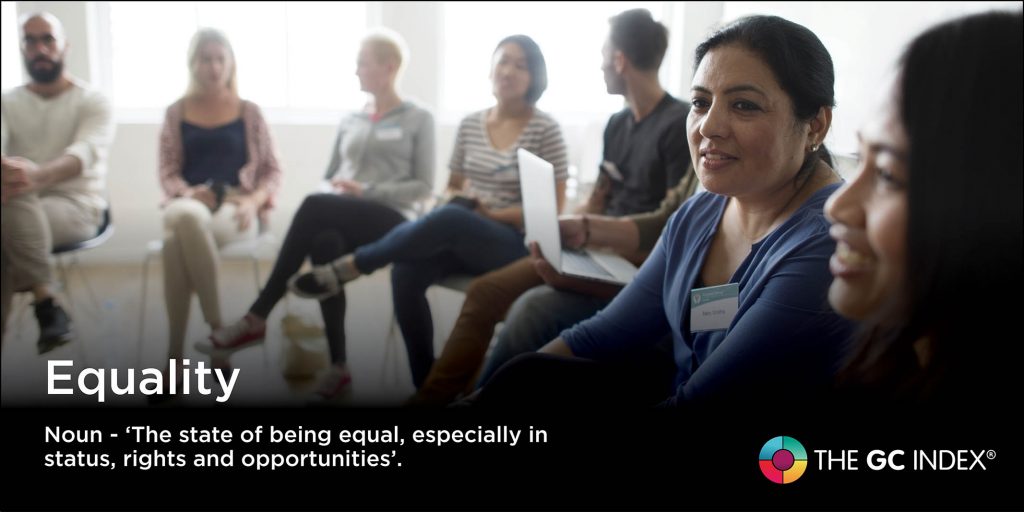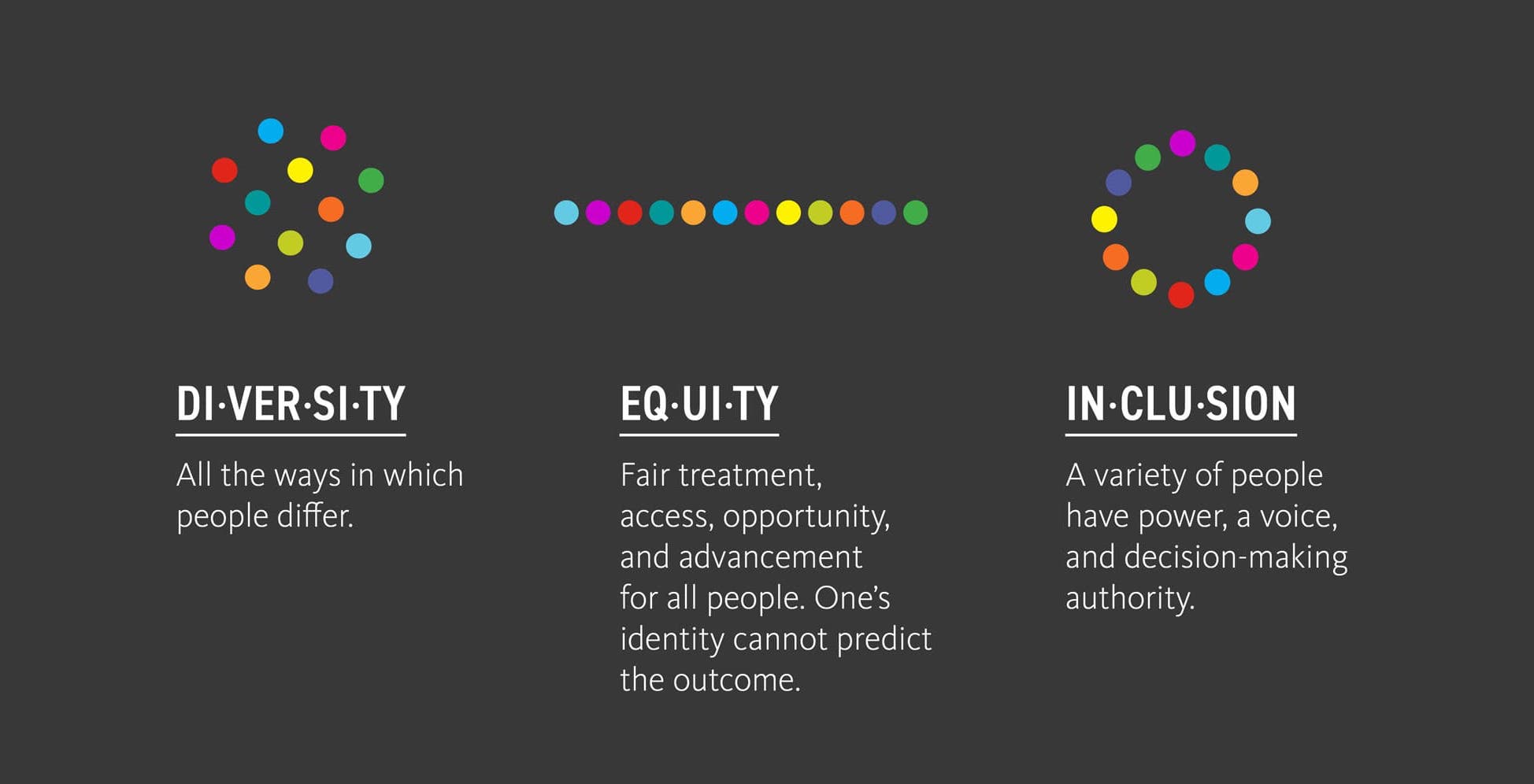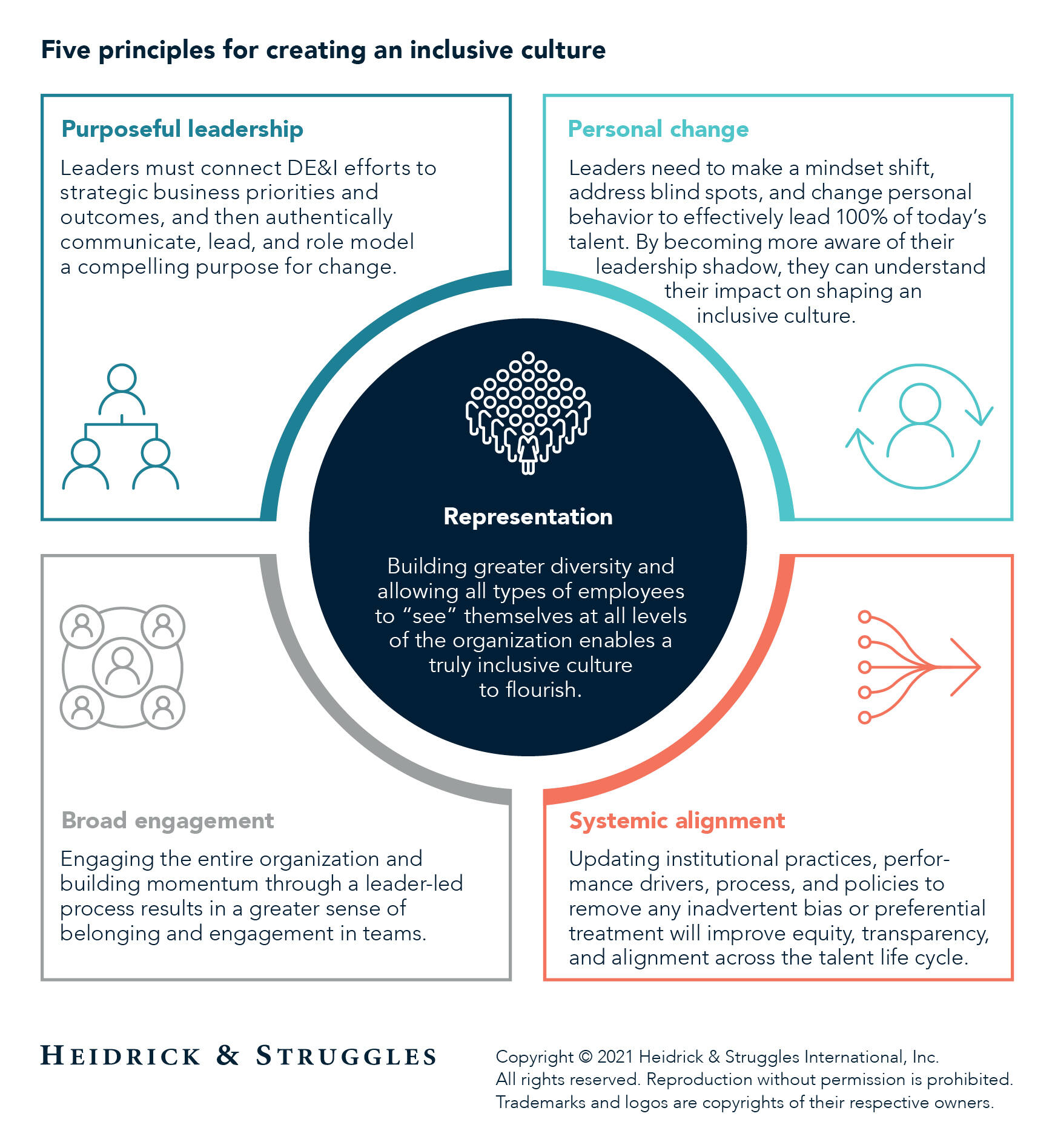Equality and inclusion are vital principles that underpin a fair and just society. They are essential for building strong and cohesive communities, where everyone is treated with respect and dignity, and has the opportunity to reach their full potential.
Equality means treating everyone equally, regardless of their background, ethnicity, gender, age, sexual orientation, or any other characteristic. It is about ensuring that everyone has the same rights, opportunities, and access to resources and services.
Inclusion, on the other hand, refers to the act of actively including and valuing the diverse perspectives and experiences of all members of a community. It means creating an environment that is welcoming, supportive, and inclusive of everyone, and that recognizes and celebrates differences.
There are many reasons why equality and inclusion are important. Firstly, they are fundamental human rights. Everyone has the right to be treated with dignity and respect, and to be able to participate fully in society. By promoting equality and inclusion, we ensure that everyone is able to enjoy these fundamental rights.
Secondly, equality and inclusion are essential for building strong and cohesive communities. When everyone is treated fairly and with respect, and when everyone's voices are heard and valued, people are more likely to feel a sense of belonging and connection to their community. This can lead to increased social cohesion and a greater sense of community spirit.
Thirdly, equality and inclusion are important for promoting economic prosperity. When everyone has the opportunity to participate fully in the economy, the potential for economic growth is increased. This is because a diverse range of perspectives and experiences can lead to more innovative and creative solutions to problems, and a more inclusive workforce can attract a wider range of talent.
Finally, promoting equality and inclusion helps to reduce prejudice and discrimination. When everyone is treated fairly and with respect, it becomes more difficult for people to justify discriminatory attitudes and behaviors. This can lead to a more harmonious and inclusive society.
In conclusion, understanding the importance of equality and inclusion is essential for building strong and cohesive communities, and for promoting economic prosperity and social harmony. By working towards a society that is fair, just, and inclusive, we can create a better future for all.
Understand The Importance Of Diversity Equality And...

It can include but not exhaustive differences in backgrounds, culture, personality, religion and belief, race, sexuality, language, disability, gender reassignment, sex, socio-economic status, ethnicity, political beliefs or other ideologies etc. As such your efforts seem laboured and your voice is raised thinking this will aid you in your duties, all of which in fact angers the service user, as they feel they are being treated differently because they speak a different language. Get leadership onboard: Executives and high-level managers must have strong buy-in for DEI initiatives and also serve as models and advocates. It may be a weakness that is identified by my line manager or a suggestion made by a colleague. To summarize, creating an environment that is diverse and inclusive, where all individuals are treated equally, is a strong basis for attracting talented employees who will help drive your organization forward. To recognise diversity is to acknowledge that even though people have things in common, one must understand they are unique and different. Recruitment and equal opportunities 47% of millennials say they actively look for DEI when sizing up potential employers.
Free Essay: The Importance of Diversity, Equality and Inclusion

As a care provider it is my duty to ensure that all services and facilities are accessible to all to ensure and that care packages are updated regularly to reflect any changes in needs. Within equality and inclusion it is the difference between individuals and groups including: culture, nationality, ability, ethnic origin, gender, age, religion, beliefs, sexual orientation and social class. Service users within a care setting could be male or female, heterosexual or homosexual and age may range from the young to the very elderly. This creates better aligned choices for people with diverse interests and needs. As National Diversity Council founder Dennis Kennedy Research continues to show a strong strategic advantage for businesses that put policies in place that support DEI. Start employee resource groups Creating employee resource groups ERGs , also known as affinity groups, is an approach you can use to build a more inclusive environment and addresses diversity, equity and inclusion in a more holistic, community-based way. This is due to the benefits and dangers of consuming these foods at certain times of life… Words 725 - Pages 3 Essay on Presentation Food Today, I want to introduce the food is dumpling.







